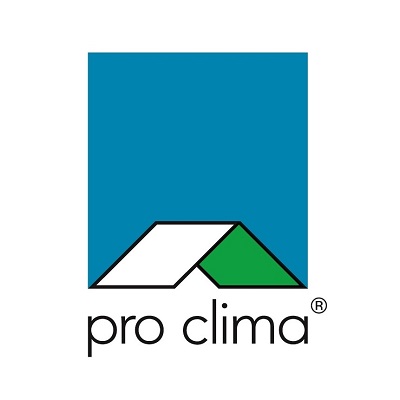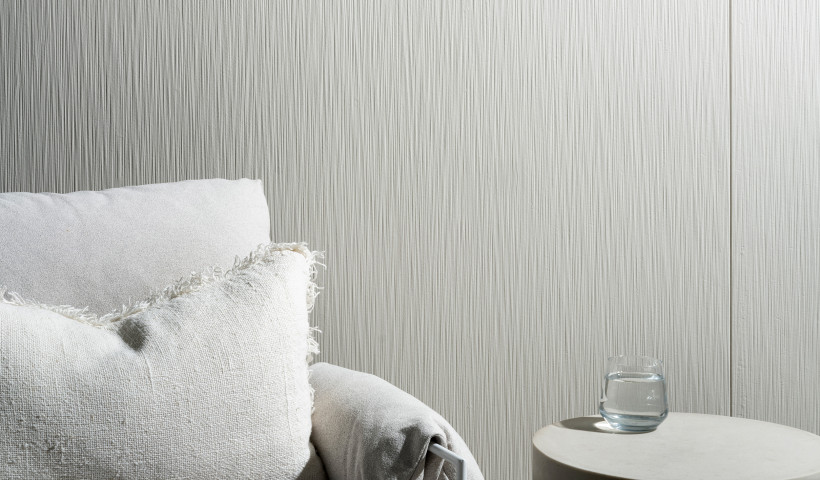
Traditionally, building wraps in the cavity have formed the majority of the air seal layer around New Zealand homes. However, there are performance issues associated with thin, flexible wraps and building companies like Horncastle Homes are now turning to a Rigid Air Barrier system (RAB) as a more practical and robust alternative to flexible underlays.
Horncastle Homes uses James Hardie HomeRAB Pre-Cladding for a vented cavity system on all its Auckland builds. Murray Stiven, Operations Manager at Horncastle Homes, says in addition to its durability, the ability to start internal work sooner is a key advantage of HomeRAB over flexible underlays.
"HomeRAB enables faster completion and early close in, which helps avoid delays and unplanned costs associated with weather constraints."
It also provides the added benefits of structural bracing. The 4.5mm thick fibre cement board provides general rigidity to the entire structure and reduces the amount of bracing material required.
HomeRAB is NZBC compliant and comes with a 15 year product warranty, which gives Horncastle Homes added security.
"We started using plywood as a rigid air barrier, but found that the plywood tended to bow and swell causing us some issues. HomeRAB does not have these issues. Plus HomeRAB provides us with long-term insurance, as it is resistant to moisture and rot."
HomeRAB Pre-Cladding is suitable for very high wind zones. It also offers a solution to connect studs to top plates to achieve a 4.7kN connection as per NZS3604 and eliminates any special fixings.
Stiven says the introduction of HomeRAB Pre-cladding demonstrates James Hardie’s commitment to continuous improvement of its products and a high level of customer service.
"James Hardie's technical staff are open to feedback from customers and the launch of HomeRAB 4.5mm is an example of this customer focus. We were pleased to be offered a trial of the product when it was launched, and are happy with how it is performing in our homes."
About HomeRAB Pre-Cladding
James Hardie identified the need for a Rigid Air Barrier in the early 2000s following the introduction of cavities in E2/AS1 of the NZ Building Code. Cavity construction was introduced to manage incidental moisture ingress behind the cladding.
After undertaking significant research and development, James Hardie launched its RAB Board into the New Zealand market in 2005. Since then RAB Board has been proven in commercial applications and is the prototype for its latest product development for residential buildings — HomeRAB Pre-Cladding.











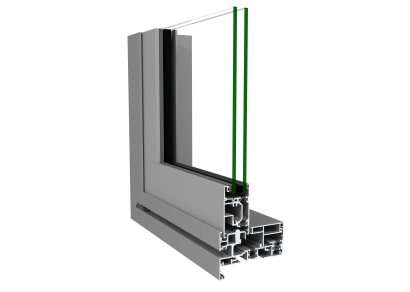
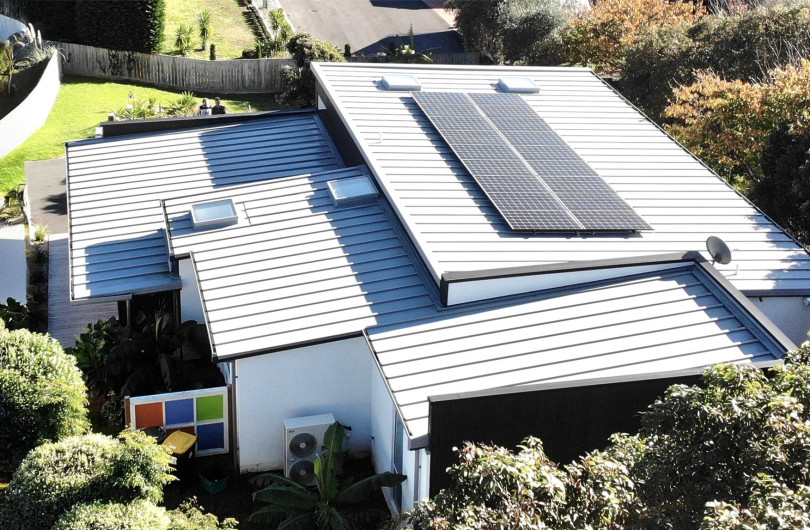
 New Products
New Products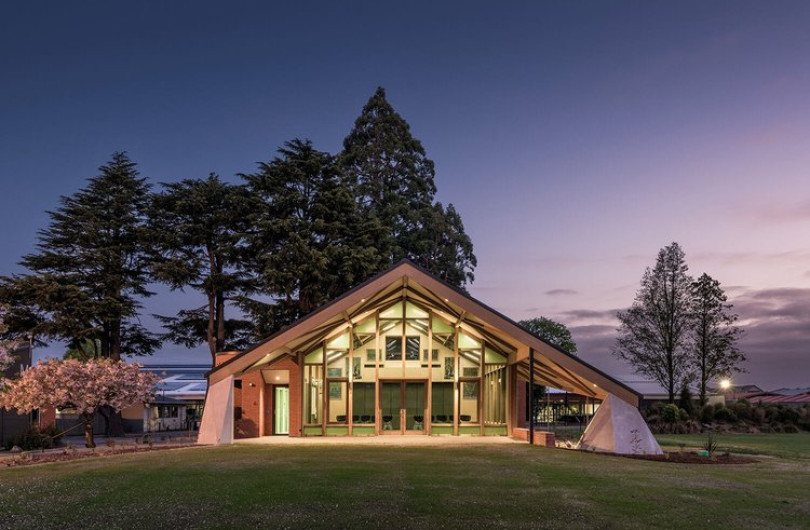
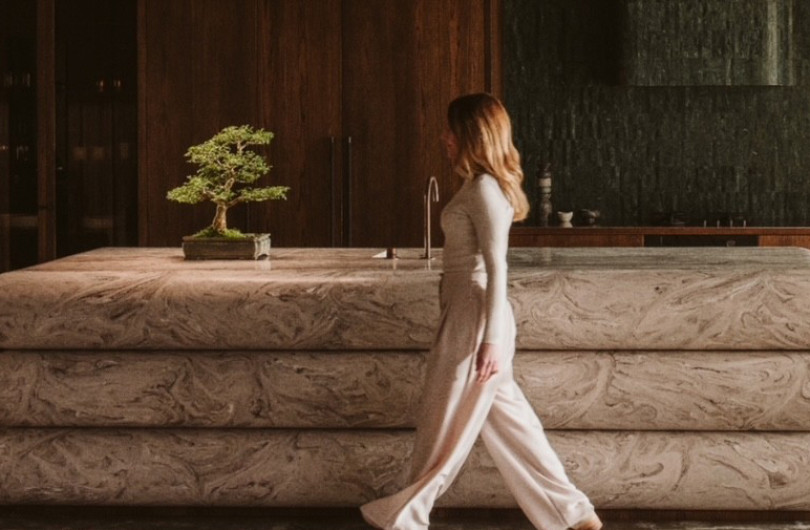



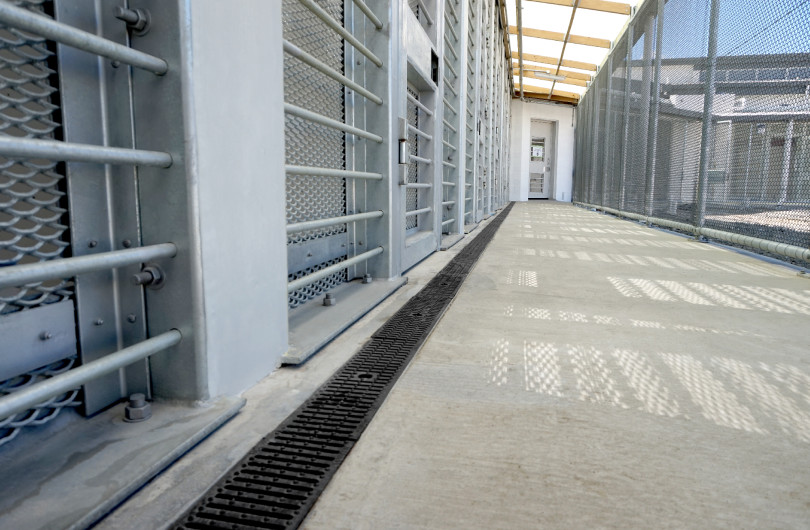

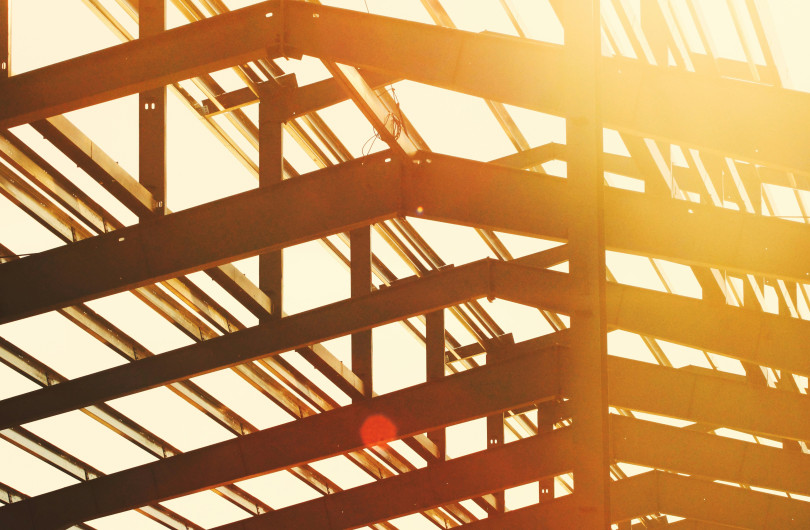







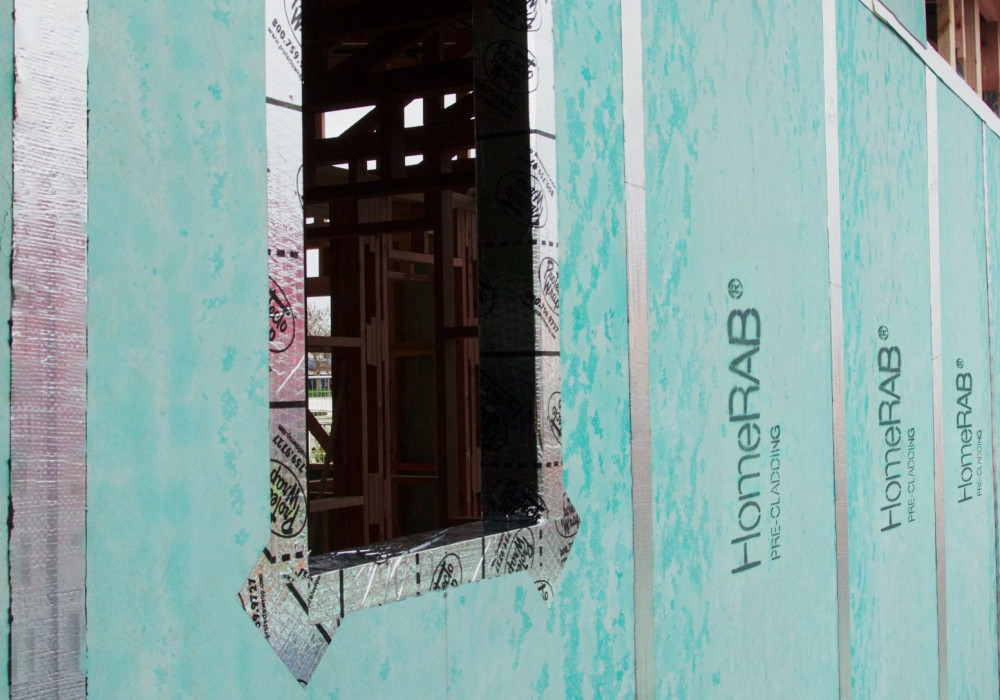

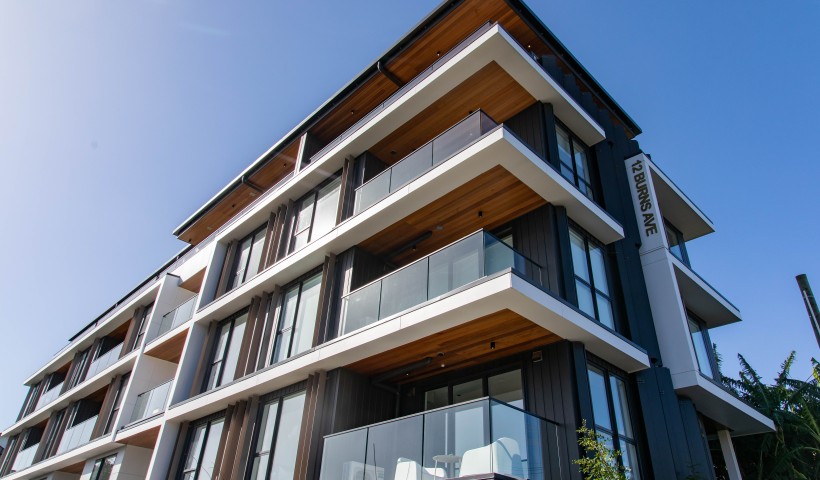
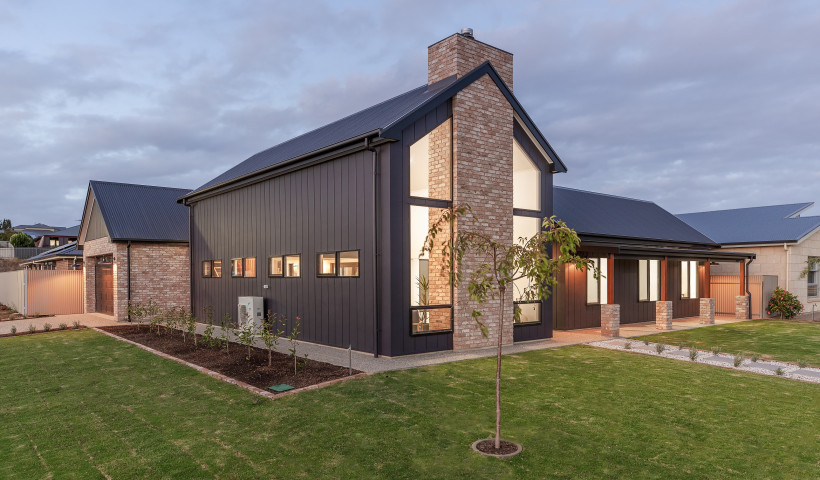
 Popular Products from James Hardie
Popular Products from James Hardie


 Posts by Singh Kamboj
Posts by Singh Kamboj Most Popular
Most Popular


